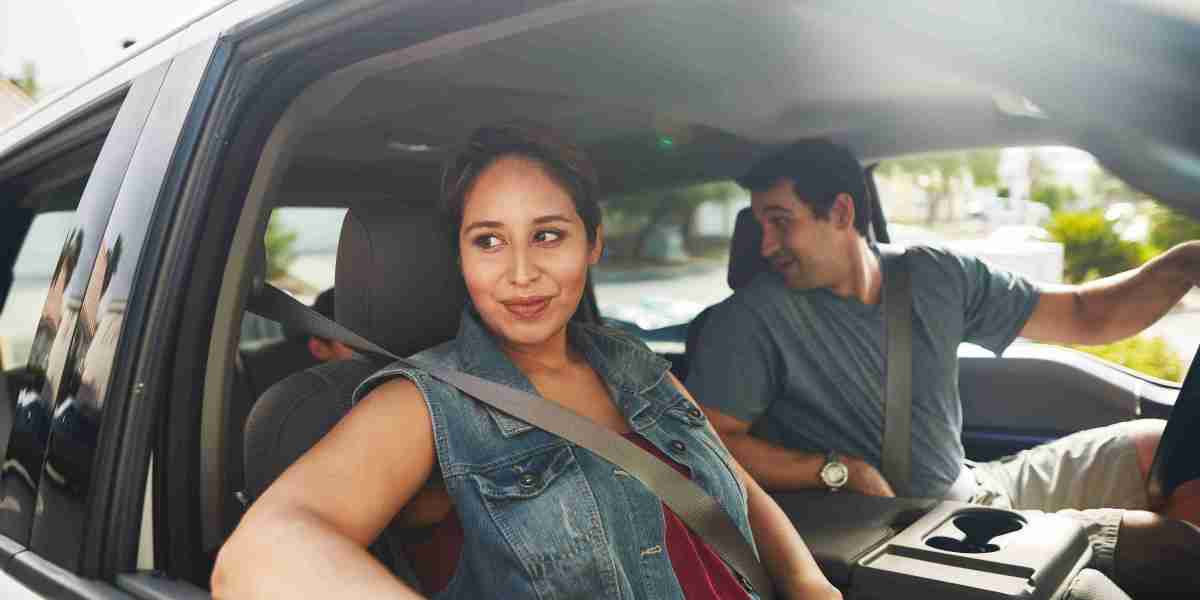Understanding the Process of Obtaining a Driver's License: An In-Depth Guide
Acquiring a driver's license is frequently seen as a rite of passage for lots of individuals. It represents not only the ability to run a lorry lawfully however likewise the newly found self-reliance that includes it. Nevertheless, the procedure of obtaining a driver's license can vary substantially based on geographical location, age, and individual situations. This post supplies a thorough overview of how to get a driver's license, what documentation is required, and responses to frequently asked questions.

Steps to Obtain a Driver's License
The procedure usually involves numerous steps, which might vary depending upon regional regulations and the kind of driver's license looked for. Below are the general steps one might follow:
1. Determine Eligibility
Before starting the journey to get a driver's license, individuals should first determine their eligibility based on numerous criteria, which may consist of:
- Age Requirement: Most places have a minimum age requirement, frequently ranging from 16 to 18.
- Residency: Applicants must be homeowners of the state or region where they are applying.
- Legal Status: Ensure all documentation complies with local laws.
2. Complete a Driver's Education Course
Lots of states need new drivers to complete a driver's education course, especially for those under the age of 18. These courses normally cover the following:
- Traffic laws and guidelines
- Defensive driving methods
- Threat recognition
3. Get a Learner's Permit
When the instructional requirements are satisfied, a candidate can get a learner's permit. This permits supervised driving while practicing skills. The actions to obtain a student's authorization usually include:
- Submitting an application
- Passing a written knowledge test
- Paying appropriate fees
4. Practice Driving
With a learner's license in hand, brand-new drivers should log a specific number of hours of practice driving, frequently under the guidance of a certified adult. This practical experience is vital for constructing confidence and skills behind the wheel.
5. Arrange a Driving Test
After fulfilling the practice requirements, people can arrange a driving test. The driving test normally includes:
- A lorry safety evaluation, confirming that the automobile is roadworthy
- Maneuvers such as turning, parallel parking, and following traffic signals
- A demonstration of protective driving methods
6. Get the Driver's License
Upon effectively passing the driving test, applicants can obtain their driver's license. The requirements for getting the license might consist of:
- Submission of needed files (proof of identity, residency, and so on)
- Payment of licensing costs
- Issuance of a provisional or complete license depending upon age and driving experience
7. Acquaint Yourself with Driving Regulations
Having actually acquired a driver's license, it's important to stay informed about regional driving laws, regulations, and any modifications that might occur. Awareness of laws relating to speeding, order uk driving License under the impact, and seatbelt use can prevent future legal concerns.
Documents Required to Obtain a Driver's License
The documents required during the application procedure can differ by region, but usually consists of:
- Proof of Identity: This may consist of a birth certificate, passport, or social security card.
- Evidence of Residency: Documents like utility expenses or bank statements showing the candidate's name and address.
- Completion Certificate: Proof of conclusion for a driver's education course, if relevant.
- Student's Permit: If the applicant is transitioning from a learner's license.
Typical FAQs
1. How long is a driver's license legitimate?
The validity duration for a driver's license differs by jurisdiction. In lots of locations, licenses need to be renewed every four to 8 years. Examine regional guidelines for particular details.
2. What should I do if I fail the driving test?
If you stop working the driving test, remain calm. Each state generally allows for retaking the test after a set waiting period. Use the time to practice and strengthen your abilities.
3. Can I drive with a student's license?
Yes, but just when accompanied by a certified grownup who meets particular requirements, such as being over a particular age and having a valid driver's license.
4. Are there extra requirements for commercial licenses?
Yes, individuals looking for a commercial driver's license (CDL) need to go through additional training and testing particular to the type of vehicle they intend to operate, including specific medical requirements.
5. What are the limitations on a provisionary license?
Provisional licenses frequently come with certain restrictions, such as limitations on nighttime driving or bring passengers. Acquaint yourself with these rules to avoid charges.
6. How can I prepare for the composed knowledge test?

To prepare for the written understanding test, study your state's driver handbook, take practice quizzes available through different online platforms, and think about enrolling in a driver's education course if you have not done so currently.
Acquiring a driver's license is a substantial milestone that needs cautious preparation and adherence to local regulations. By understanding the actions included, gathering the required paperwork, and staying informed about driving laws, possible drivers can browse this process smoothly. As more individuals take to the roadways, knowing the requirements and being conscious of precaution ends up being significantly important. With thorough practice and awareness, the journey from student's license to full-fledged driver can be a gratifying experience, symbolizing both flexibility and responsibility.





